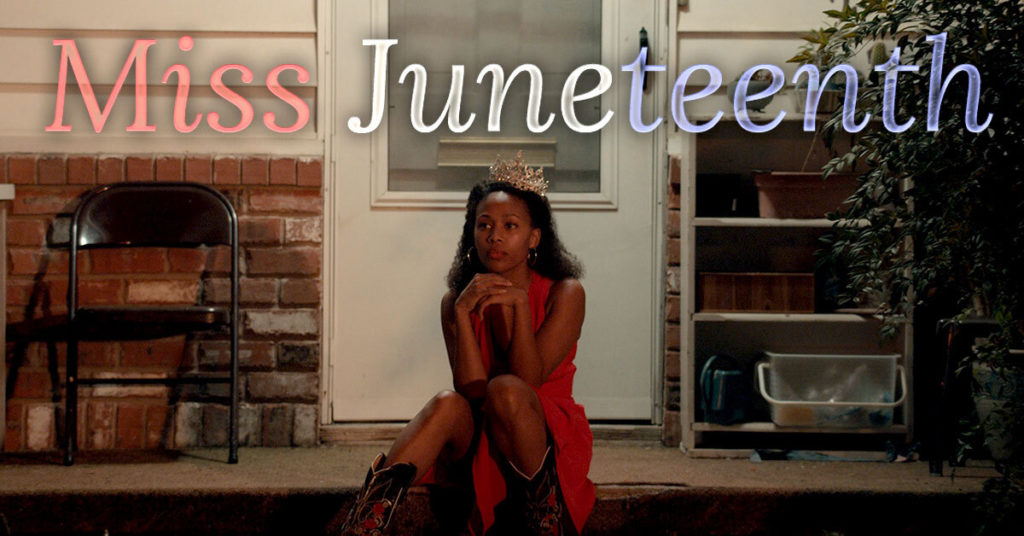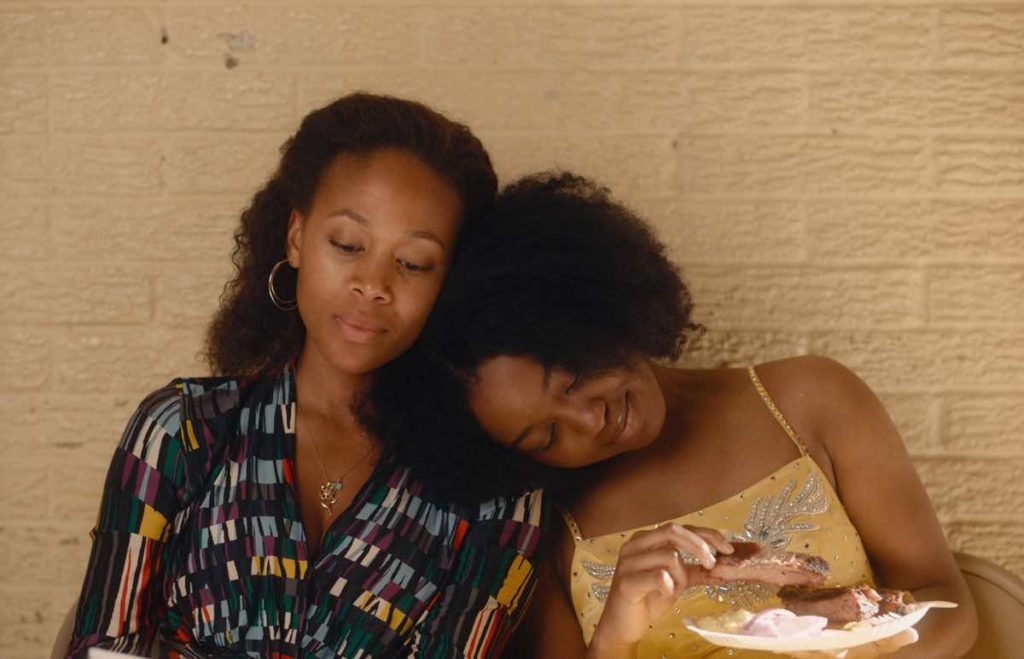Nicole Beharie is so good as a mother struggling to secure her daughter’s future that you can forgive Miss Juneteenth for its clunkiness and predictability.

Nicole Beharie is so good as a young mother trying so hard to make a better life for her daughter that you can forgive Miss Juneteenth for its clunkiness and predictability. Beharie plays Turquoise, the former Miss Juneteenth champion who never got to use her prize — a full scholarship to any historically-black university in the US — because she got pregnant with Kai (Alexis Chikaeze). Though smart and hardworking, Turquoise has a habit of betting on the wrong things and trying desperately to help others who need to help themselves — from her alcoholic mother to her mostly good-for-nothing immature husband.
The bet that frames the film is on Kai winning Miss Juneteenth, just like her mother, as a way to help her gain access to a college education. Kai doesn’t want to participate, but Turquoise is blind to this, and so intent on ensuring her daughter get the future she was denied — even if paying the contest’s entry fee means not paying the electricity bill — that she pushes this unnatural fit, putting undue stress on everyone, including herself.

The unsaid thing in the film — that is still very much its subject — is that even the need to enter Miss Juneteenth to receive that better future is a product of systemic racism and few opportunities for marginalized people. Turquoise works hard and tries hard in a world where she can never be enough and never earn enough, as someone who had to drop out of high school, despite being very smart. And as a woman, taught to put others’ needs first, she has been self-sabotaging for years as she attempts to uplift others, something we see her do repeatedly in the film, watching with a “oh no don’t do that!” prescience.

Set in Fort Worth, Texas, Channing Godfrey Peoples’s Miss Juneteenth takes us into the kind of working class haunts rarely seen on film: a baptist church, a run-down local barbecue restaurant where people congregate, and precarious housing. Alongside this poverty, there’s the aspirational Miss Juneteenth competition where teenage girls learn the difference between an entrée and a salad fork, knowledge that seems utterly useless to someone living in this milieu.
The shining light of the film is Beharie, who with a deep breath, a crease of the forehead, or a small gesture reveals a kind, intelligent, and loving woman who is in over her head because the system is stacked against her. She tries and tries and makes so many well-intentioned mistakes, until she finally starts to listen to what people around her are telling her — about how and whether to bet on them — and more importantly, learns to put her needs ahead of people who will only bring her and her daughter down.
Discover amazing world cinema for young adults
We have created a guide for parents who wish the introduce their kids and teens to world cinema, or for young people who wish to educate themselves. Discover a whole world of incredible, eye-opening films.

